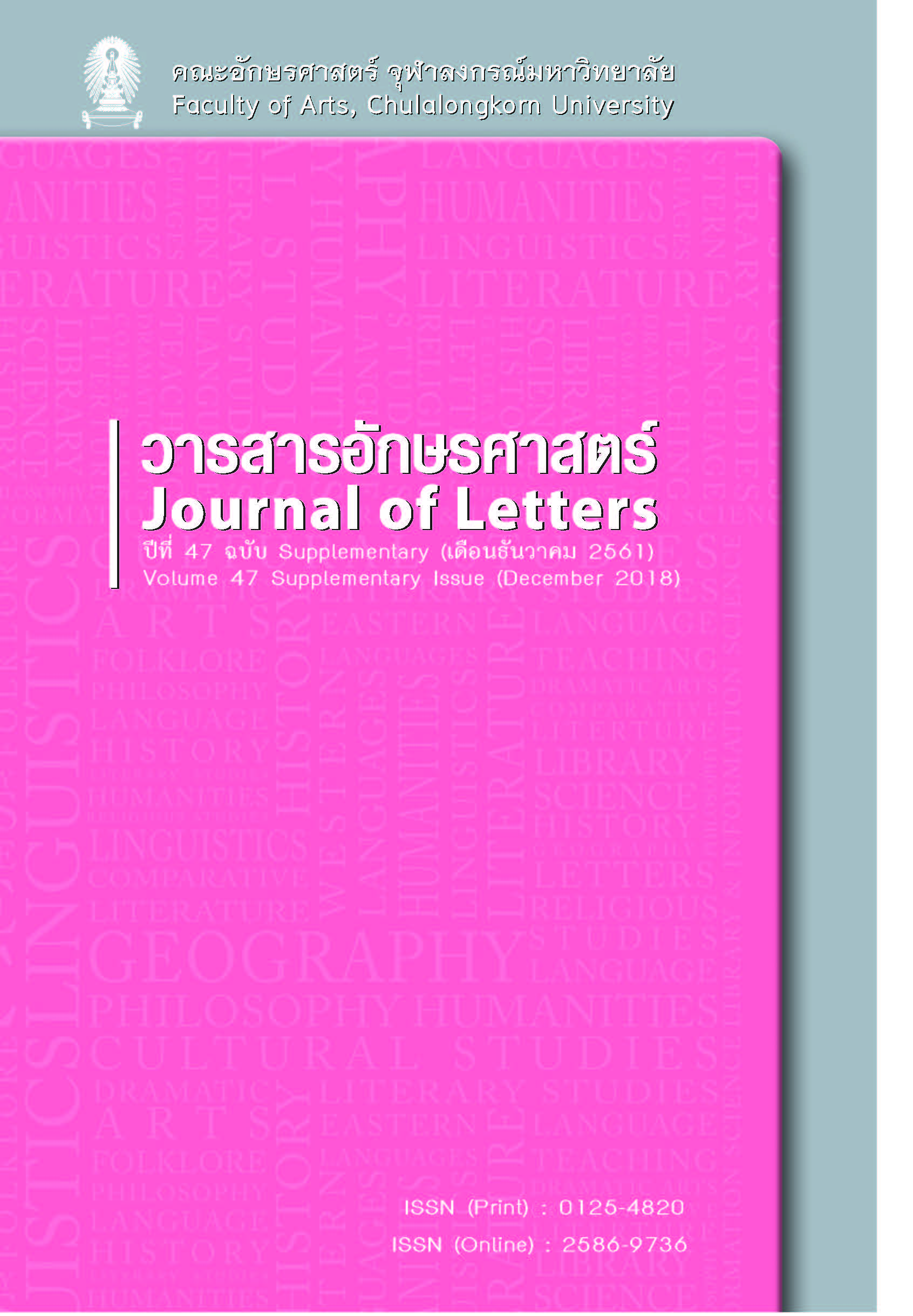Literature and Literature Studies in the context of modern German Studies: Goals and Development Strategies
Keywords:
German Studies abroad, competence-based teaching, inductive development of contextsAbstract
With a focus on topics related to the study of linguistics and literature, the academic field of German Studies in Germany has developed along traditional lines, independent of the needs of foreign language philology. In contrast to the domestic conception of German Studies, the academic design of the field abroad has resulted in distinct structures – shaped individually by every single country and university.
German Studies abroad has therefore departed dramatically from its central concern for the study of linguistics and literature, moving instead toward the circumference of the field. Translation, tourism, and other career-related fields – that is to say, professional and technical fields – or simply basic language learning have become far more important than the academic core of past decades. This transformation has consistently led to a redistribution of curricular resources for enhancing the field, with an evident shift toward application-oriented programs to meet students’ demands and interests. This article examines the extent to which traditional literature-based material is currently utilised, and how it could be legitimated with these changes to the field in mind.
If the professional content of literature studies is necessarily to be reduced or customized in various ways, and a contraction of canonized texts is unavoidable in German Studies abroad, a tight focus on competence-based teaching becomes a priority: a holistic approach in the center with a wide spectrum of liberal arts related topics circling around. This approach should aim to instill the general ability to think and reflect critically in order to develop in students a capacity for creating problem-oriented strategies based on literary texts.
References
Blamberger, Günter. 1997. Zündstoff Literatur? Zukunftsperspektiven der Auslandsgermanistik. Notizen zu einer DAAD-Tagung. Mitteilungen des Deutschen Germanistenverbandes 44(2): 28-33.
Chang, San-lii. 2002. Überlegungen zur Neuorientierung der Germanistik in Asien. Neue Beiträge zur Germanistik 1 (= Internationale Ausgabe von ‚Doitsu Bungaku‘ Heft 109): 81-85.
Ehlers, Swantje. 2010. Literarische Texte im Deutsch als Fremd- und Zweit-sprache-Unterricht: Gegenstände und Ansätze. In Deutsch als Fremd- und Zweitsprache. Ein internationales Handbuch, hg. v. Hans-Jürgen Krumm et al., 1530-1544. Berlin/ New York: de Gruyter Mouton.
Fabricius-Hansen, Cathrine. 2006. Auslandsgermanistik – Germanistik im Ausland? Deutsch als Fremdsprache 43(2): 67-70.
Fathy, Hebatallah. 2012. Überlegungen zur Komparatistik als Ansatz einer interkulturellen Auslandsgermanistik. In Re-Visionen. Kulturwissenschaft¬liche Herausforderungen interkultureller Germanistik, hg. v. Ernest W. B. Hess-Lüttich, gemeinsam mit Corinna Albrecht und Andrea Bogner, 405-420. Frankfurt a. M.: Peter Lang.
Ivanovic, Christine. 2010. Auslandsgermanistik und Internationalisierung. Jahrbuch der Deutschen Schillergesellschaft 54: 526-530.
Kugler, Hartmut. 2001. Entwicklungstendenzen in den Studiengängen der Germanistik. In Germanistentreffen Deutschland - Dänemark - Finnland - Island - Norwegen - Schweden 9.-13.10.2000. Dokumentation der Ta¬gungsbeiträge, 11-24. Bonn: DAAD.
Kussler, Rainer und Kaewwipat, Noraseth. 2010. Landeskunde in der Germanistik außereuropäischer Länder. In Deutsch als Fremd- und Zweit¬sprache. Ein internationales Handbuch, hg. v. Hans-Jürgen Krumm et al., 1520-1529. Berlin/New York: de Gruyter Mouton.
Lühe, Barbara von der. 2002. „Moment Mal“ – Germanistik in Asien. Kultur-Austausch 52(4): 19-21.
Saengaramruang, Wanna. 1995. Aktuelle Entwicklung des Germanistik-studiums in Thailand. In Reformdiskussion und curriculare Entwicklung in der Germanistik. Dokumentation der Internationalen Germanistentagung des DAAD 24.-28.
Mai 1995 Universität Gesamthochschule Kassel, hg. v. Günter Blamberger und Gerhard Neuner, 275-289. Bonn: DAAD.
Downloads
Published
How to Cite
Issue
Section
License
Copyright and plagiarism
Authors are responsible for obtaining permission to use copyrighted materials from copyright owners. Authors are responsible for observing requisite copyright law when quoting or reproducing copyrighted materials. Quotations and reproductions of content from other published sources must be accompanied by a reference and all sources should be clearly listed in the references section. Quotations and reproductions of content from external sources without due attribution could be considered a severe infringement of academic conduct and may constitute a legal offence under the Copyright Act of B.E. 2537. Any legal ramifications arising from the infringement of copyright regulations would be the sole responsibility of the author(s).



